Even after 100 years and when no-one who remembers it is alive, the Battle of the Somme and especially its first day remains a scar on the British psyche. The 1st July 1916 and the deaths in action of nearly 20,000 thousand men on that day alone has come to represent for many people the entirety of the Great War. Books, documentaries, battlefield tours and above all the annual commemoration of Remembrance Sunday keep the memory of the battle fresh, but behind all the pomp and remembrance it’s easy to forget that the names on the war memorials were men known, loved and grieved for, and that every name carried a story of pain and loss for the ones left behind.
Until the late 1990s I’d always thought that our family was the exception to the truism that every family in the country was touched by the 1914-1918 war and for some reason always felt slightly ashamed of that. My grandfather was born in 1900 and therefore too young to enlist, but he joined the army as a boy soldier in 1914, either out of patriotism, being swept up in the fervour of the early months of the war or the thought that it was time to find a steady paying job and take some of the burden off his widowed mother’s shoulders and the army looked like a good bet. In this family picture he looks both proud and slightly pathetic in his ill-fitting khaki: as if a harried stores clerk, busy kitting out men to go to the front, had held the uniform up in front of him and thought it looked as if it would fit and it would do. In any case, what did it matter one way or another? There were more pressing things to attend to.
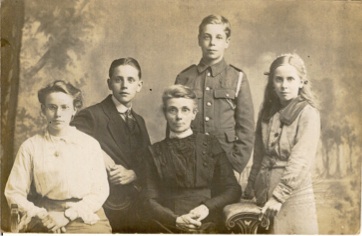
I can’t remember that either my grandfather or my great-aunt, who was born in 1898, ever talked about the war in anything but general terms. Of course I regret that I did not ask them for their memories, but in retrospect there were small hints, especially with my grandfather (to whom I was very close and whose favourite I was) that even after fifty years he retained painful memories of that 1st July.
My grandfather was the third of four children and was born in rural Hampshire – his parents met when he was a coachman and she was a maid. The world they all grew up in is unimaginable now, with the slowness of its pace and the lack of the hundreds of small daily amenities we take wholly for granted – and of course it was a world where transport, especially in rural areas, was very much dependent on horsepower. As children growing up in Devon in the 1960s we spent many of our holidays in London with our grandparents, and I recall rushing to see my grandfather one day after a day out and proudly proclaiming that we’d seen horses and him laughing – because of course when he was a child horses were so ubiquitous they were not worth a comment. They drew ploughs and buses and vans and carriages – everything wheeled, in fact. What was worth remarking for him was something he told us that happened when he was about eight or nine – that the teacher had sent them all out into the school playground to see a flying machine – a brand new technology still in its infancy but which would take a dreadful momentum from war.
My great-grandfather died in 1910 leaving a young widow, four children, the eldest of whom was twelve, and no money whatsoever. He was buried in an unmarked grave in the village churchyard and the day my grandfather took me there to point out the place is the only time I can recall him showing any emotion over his father’s death or talking about him to any extent – and I can understand that completely. My own father died when I was thirteen and my brothers just eight and seven – and to this day I find it hard to talk about that. Even after decades some things just still are that difficult.
I’ve done a fair bit of reading about the Great War since the commemorations started, and I’ve wondered what it was like for my grandfather and his family and their Hampshire village. The news of war in the papers, the men he knew enlisting and marching off – relatives, neighbours, friends, the older boys at school – all determined to give the Kaiser a good kicking. They’d have heard in church every Sunday that God was on our side, and the more or less constant expansion of the British Empire over the previous hundred years had made defeat almost unimaginable. What young man wanted to be the one who held back when all his mates and relatives cheerfully did what their leaders told them was a civic duty? Then of course as the months went on during leave visits home the young man would see the signs in the windows proudly proclaiming A man from this house is serving in the forces; perhaps he heard the distant mutter of the guns in France, saw the street shrines to the fallen, and he’d have heard of the delivery of telegrams that every family dreaded with their messages of Missing. Wounded. Dead – and seen the drawn blinds that meant the death of someone in the house. Perhaps as well he felt, early on the morning of the 1st July, the shudder of the earth as nineteen mines were exploded one after the other on the Western Front as a prelude to the opening day of the battle of Albert.
All this, of course, is conjecture. What is not is the story of my great-aunt Martha, my grandfather’s elder sister. She was born in 1898 and when her father died she and the brother next to her in age were sent to relatives – my great-grandmother couldn’t support four children on what she made taking in washing. My grandfather and his younger sister stayed with their mother – Kathleen because she was the youngest and grandad because his mother thought he was so ugly no relative would want to take him. (He wasn’t. He was slight, fair haired and blue eyed).
Aunt Martha was the archetypal spinster aunt. She lived near us in South London, my grandfather visited her nearly every Saturday and often took me along. She spoiled me and my brothers and cousins, made us cakes, gave us money and presents at birthdays and Christmas and generally gave the impression that she loved the company of children and their noise and mess. I don’t remember giving any thought to why she wasn’t married – she lived with my great grandmother until the latter’s death at the end of the 1950s, went out to work at a solicitor’s where she was a valued employee, had a wide circle of friends and an active social life. If I did think about it I assumed that she had missed her chance of marriage thanks to the deaths of so many men and was one of what were cruelly called in the 1920s ‘surplus women’ – those who would never fulfil what was regarded as their natural function of marriage and motherhood.
She lived to be 100, independent almost to the end, and died just after her hundredth birthday. On the day of her funeral I travelled home with my uncle’s sister in law Josie and heard a completely unsuspected side of the woman I’d taken for granted.
In 1916 Aunt Martha was eighteen years old and had a boyfriend her age or a little older. He, like millions of men, had enlisted, knew he was going to France and they wanted to marry before he went, but both sets of parents – or rather mothers – said that they were too young. Knowing he was going to France he and my great aunt threw caution to the winds and made love. He went to France, was killed in the battle of the Somme, and my great aunt found that she was pregnant. (Josie turned to me at that point in the story and said,” she said to me, we only did it once because he was going away.”)
Of course her story was never going to have a happy ending. Being unmarried, with no prospect of a husband, pregnant and living in a society where illegitimacy was a social stigma that marked both mother and child for ever was going to make sure of that: and my great grandmother by all accounts embodied all the worst traits of Victorian censoriousness and narrow mindedness. In retrospect it is hard to blame her – perhaps she knew from her experience of widowhood that life would be hard enough for my great aunt without the added burden of a child and was little chance of a husband, let alone one who would take another man’s baby. Perhaps as well my great grandmother was very well aware that they lived in a society markedly unsympathetic to a woman perceived as sexually transgressive and she didn’t want that reputation for her daughter. No doubt there were admonitions about bringing shame into the family and that Martha was “damaged goods”. It’s one of the things people now don’t understand because pregnancy out of wedlock now doesn’t carry anything like the same stigma – unlike in the past where it could be a source of a lifetime of extreme shame for both mother and child. For a working class woman like my great-aunt, her reputation was everything. Whatever the reasons, a termination was arranged (illegally and no doubt expensively), and my great aunt embarked on her long life of spinsterhood.
Did she have regrets and cry in the night for what she had lost, or catch herself watching children as they played? Was it horribly traumatic or did she bury it all deep down and try to forget? I have no idea (although she was a woman who had a twinkle in her eye and once told my brother she would have on her grave stone “Martha Ruffle, missed, but not as much as you think she did!”)
Certainly she remembered her lost love and his child even at the end of her life. She and my grandfather came from a world where you did not inflict your emotional pain on anyone, no matter who you were, high or low. You stiffened your lip and your spine and jolly well got on with the hand life had dealt you. My grandfather certainly recalled the sacrifices of that July – he was usually quiet and withdrawn every 1st July and even less talkative than usual. Perhaps he was recalling friends and neighbours, his sister’s lost love and what she’d sacrificed thanks to war, or perhaps as a professional soldier of 40 years standing his grief and silence might have been not just for the men he knew but his knowledge and anger that the first day of the Somme was, in the words of another soldier (talking this time about the retreat from Dunkirk), an almighty great fuck-up. One that irretrievably changed the lives of people he knew and loved. Anyone would be silent thinking about that.
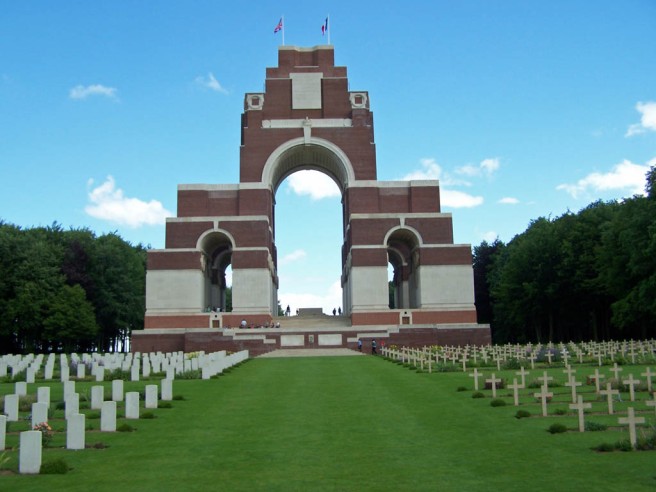
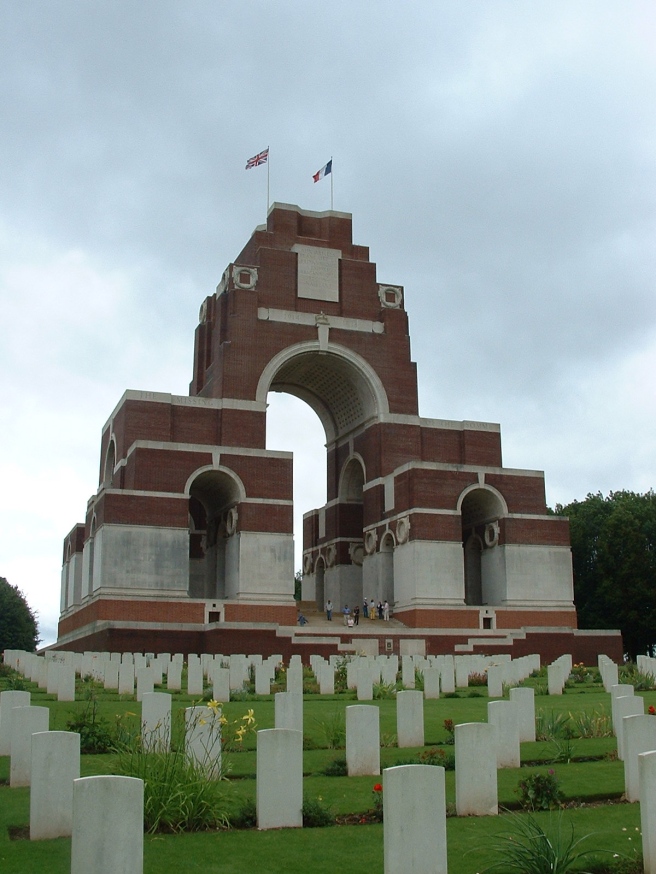
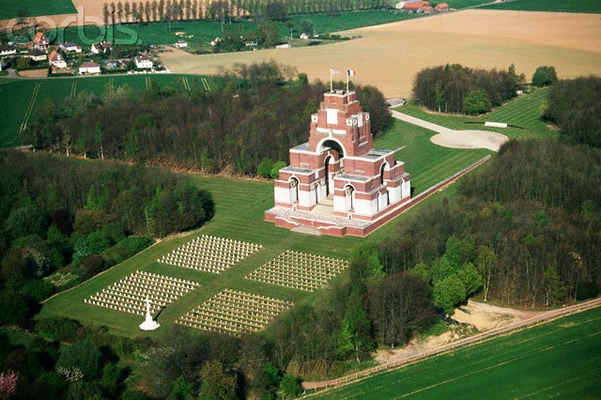
I have no idea of the boyfriend’s name, what regiment he was in or when he was killed, whether it was the first day of the Battle of the Somme or the last or some day in between. I do not know if he has a grave somewhere or if he was one of the many missing whose only memorial is a name carved in stone. Perhaps somewhere there is a family who still talk about great uncle so-and-so, killed so young fighting for his country and what a waste of a life – I like to think there is. I do make sure that every November three crosses are placed in the Garden of Remembrance at Westminster Abbey – one for an unknown soldier and two for a woman and child who were as much victims of an industrial war machine as any man who went over the top to his death.
Further reading:
http://ww1centenary.oucs.ox.ac.uk/space-into-place/subterranean-sanctuaries-beneath-the-somme/
Jeremy Paxman. Great Britain’s Great War (London, 2014)
Richard van Emden. The Somme: The Epic Battle in the Soldiers’ Own Words and Photographs (London, 2016)
Lyn MacDonald. Somme (London, 2013)
Gary Sheffield. The Somme: A New History (London, 2004)
Martin Middlebrook. The First Day on the Somme: 1 July 1916 (London, 2016)
Peter Hart. The Somme (London, 2008)
Joshua Levine. Forgotten Voices of the Somme (London, 2009)
Note:
Many thanks to my brother Robert the family historian and archivist for invaluable and detailed family information and carefully checking my anecdotes.
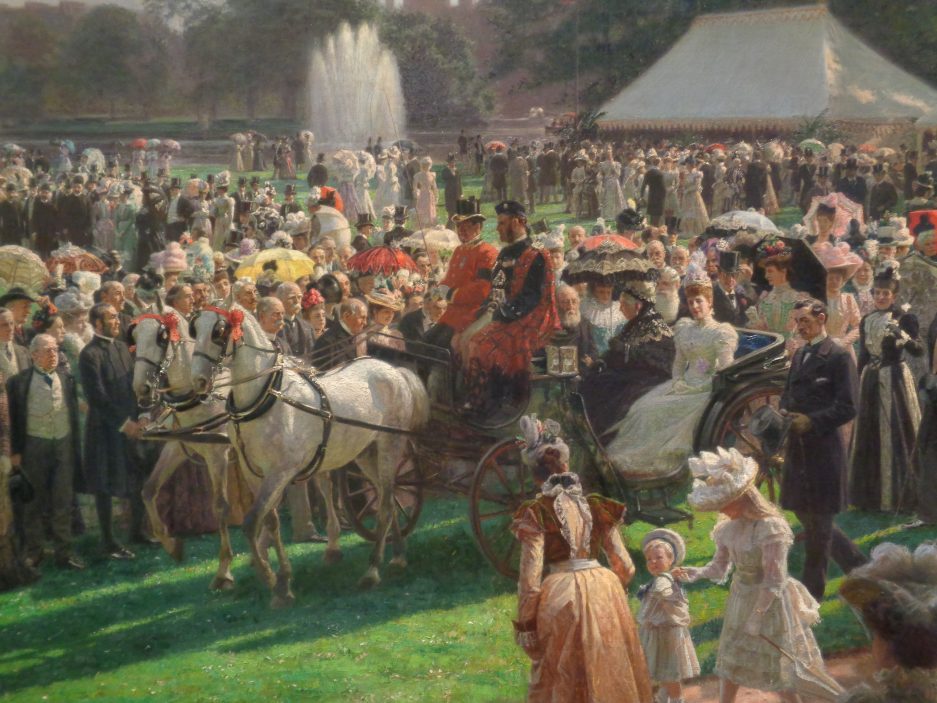
Beautifully written.
LikeLiked by 1 person
Many thanks.
LikeLike
A lovely article a family story, echoed, I am sure, through millions of families in Great Britain
LikeLiked by 1 person
You’re welcome. It won’t be surprising given how many communities (through the Pals’ Battalions) lost so many men from this battle alone.
LikeLike
An interesting and well written article. Victims of war are often far from the battlefield
LikeLiked by 1 person
As befitting the first total war in history, not only did it affect men and women at the front but also those in what has become known as the “home front”.
LikeLike
Beautifully and movingly written. War is such hell.
LikeLiked by 1 person
Many thanks and I’m glad that you think so.
LikeLike
What a wonderful tribute- I feel for your great aunt and grandfather.
LikeLiked by 1 person
You’re welcome. It’s my co-writer who wrote this and its based on her family history.
LikeLike